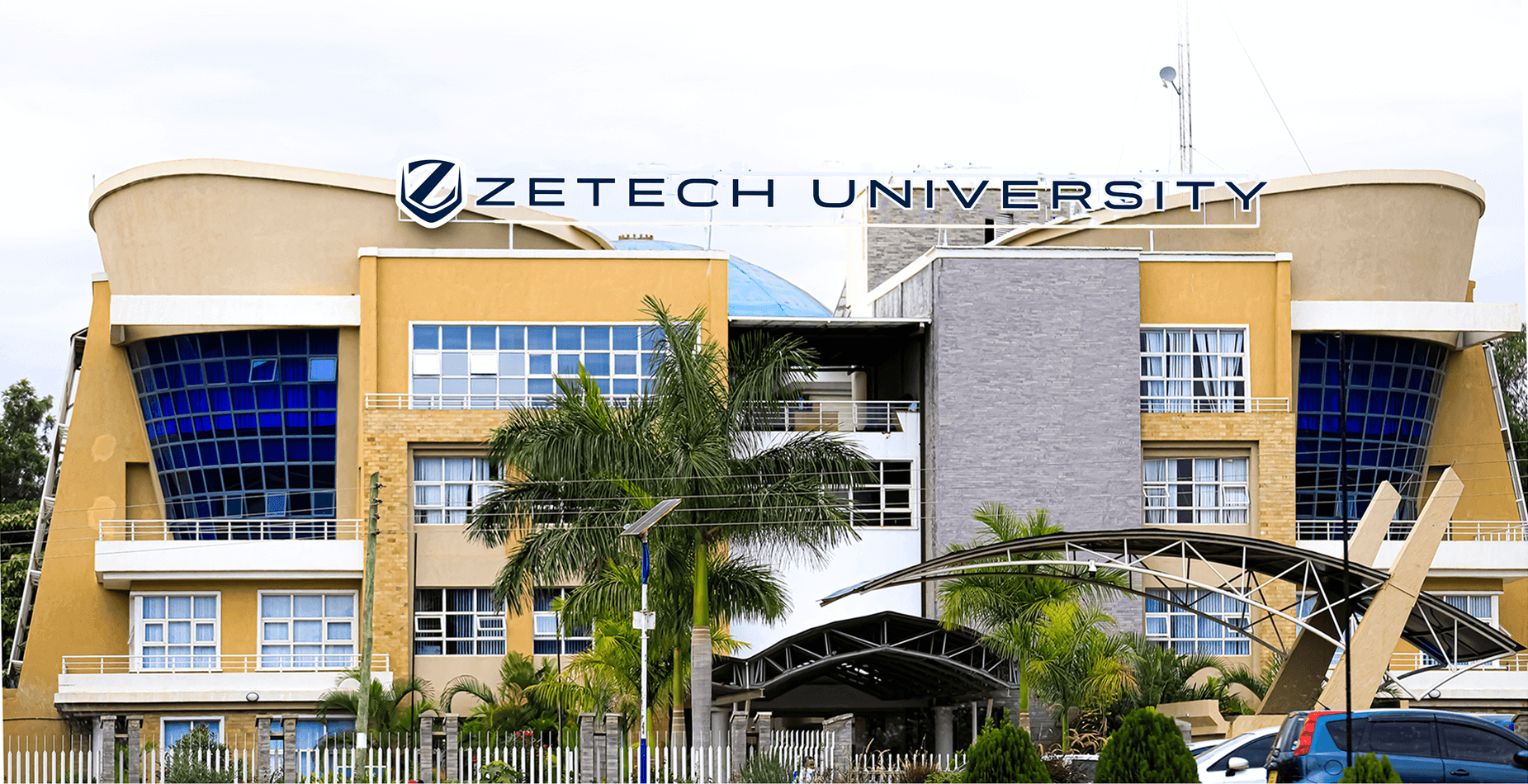Program Goal
The goal of this program is to provide a strong foundation in computation and analytical physics, supported by complex computational analysis, mathematics, hardware, software and artificial intelligence.
Career Opportunities.
- Software Engineer
- Systems Engineer
- Systems Developer
- Hardware Engineer
- Computational Physicistli
- Medical Physicists
- Project Leaders
Goal of the Programme
- Provide students with relevant training in Computer Science and Applied Physics, with emphasis on developing practical, analytical, algorithmic and computational skills for professional and personal development in both fields
- Develop skills that will give graduates a competitive edge in the ICT field.
- Develop students with analytical and practical skills and specialty in Quantum Physics, Scientific Instrumentation, Optics/Photonics, Sensors and Actuators, Lasers, Electronics, Digital/Electronic Systems Design, Nanotechnology and Materials Science
- Develop students with strong Computational Skills and Programming Skills to design and implement practical applications and technologies, including Data Structures, Operating Systems, Artificial Intelligence and Machine Learning Applications, Security and Web Applications.
- To provide graduates with practical and algorithmic knowledge central to the technological development of physical systems such as Network Systems, Hardware Devices, and Intelligent Systems.
Duration of the Program.
- Four (4) Academic Years- Eight (8) semesters
Admission Requirements
- Be a holder of KCSE (or equivalent examination) certificate with a minimum aggregate of C+ and a minimum of C+ in both Mathematics and Physics/Physical Science or;
- Be a holder of the Kenya Advanced Certificate of Education (KACE) certificate with at least 2 principle passes in Mathematics and Physics.
- Holder of a related Diploma equivalent to KNEC diploma from an institution that is recognised by the University Senate.
- Have any other relevant qualifications from an institution recognised by the University Senate.
Learning Outcomes.
- Apply knowledge, skills and engineering design tools in computing and physics to technological devices and processes.
- Demonstrate strong practical, analytical and algorithmic skills in the design and implementation of computing systems and technologies.
- Apply principles of Computer Science and Applied Physics to solve Information Communication and Technology problems by using hardware and software-related applications.
- Communicate clearly and effectively as a professional and developer of computing technology and cultivate innovative thinking and accomplishments in providing computational solutions.
- Analyse computational problems by using computing design techniques and analytical physics.

